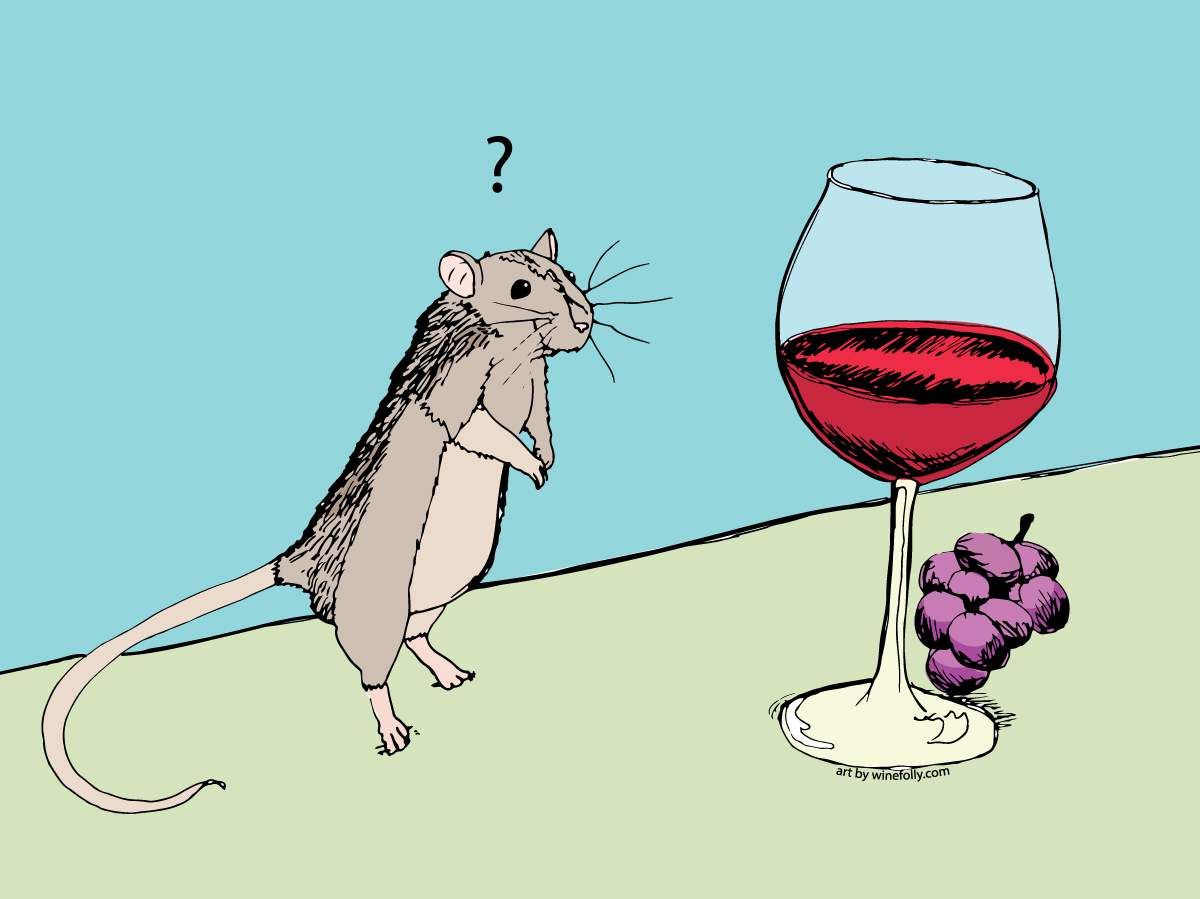Drinking red wine could be beneficial in fighting obesity, but not just any red wine. Sorry to say it’s not Malbec!
A Specific Red Wine is Linked to Weight Loss
An OSU study found that a specific type of red wine slowed the growth of fat cells and formation of new fat cells in the liver. The finding suggests that consuming red wine grapes (either raw, as juice or wine) could help people manage health problems related to obesity, such as fatty liver.
“We are trying to validate the specific contributions of certain foods for health benefits.” –Neil Shay, Biochemist & Molecular Biologist, Oregon State University

Which Red Wine Fights Obesity?
There is just one type of wine grape known to contain fat-fighting ellagic acid. Nope, it’s not Pinot Noir or Cabernet Sauvignon.
Red Muscadine (aka “Scuppernong”) is a wine grape native to southeastern US and grows primarily in Georgia.
By the way, there are only about 5000 acres of Muscadine grapes in the world.
If I can’t get Muscadine wine, what can I drink?
Since there is a lot of hype floating around about this story, we’ve compiled some additional factual points you’ll want to know.
- Ellagic acid isn’t found in other V. vinifera wine grapes (e.g. Cabernet Sauvignon, Malbec etc)
- Ellagic acid is found in oak-aged wines (any type) as ellagitannin.
- Ellagitannin increases with each year of oak aging
- Fermentation increases ellagic acid levels in Scuppernong/Muscadine grape juice
- Ellagic acid is also found in raspberries, blackberries, green tea, oolong tea, walnuts and pecans
- Ellagic acid prevents the development of cancer cells with 40 mg one cup of raspberries a day (we estimate this to be about one glass of 2 yr new oak aged wine)
Conclusions
If you already enjoy one glass of oaked red wine a night, you can delight in knowing that you might not be making poor health choices.
However, even though this special acid has incredible health benefits, it hasn’t been determined whether or not the alcohol in wine negates the benefits.
If you have a serious health condition, you might want to avoid alcohol altogether and pick one of the alternatives mentioned above.
Special thanks to Neil Shay, whose team at Oregon State University fed muscadine grape extract to overweight mice in order to figure out what dietary choices humans can make to maintain and improve health. In his words:
“If you’re out food shopping, and if you know a certain kind of fruit is good for a health condition you have, wouldn’t you want to buy that fruit?”–Neil Shay
Also, thank you to the overweight mice.
Sources
The Study: “Changes in Ellagic Acid and Other Phenols in Muscadine Grape (Vitis rotundifolia) Juices and Wines during Storage”
Metabolites Are Key to Understanding Health Effects of Wine Polyphenolics
Original article mention from OSU
Extracting Egallitannins and other medicinal phytochemicals
Grape and Wine Phenolics: A Primer
Estimated ~4,890 acres (2,000 ha) of Muscadine Grapes in the US
“Phenolic Wine Antioxidants” by Andrew Waterhouse
How much wine is in 1.5 cups of grapes estimated from
Fermentation increased ellagic acid in Muscadine grapes
Ellagitannins prevent cancer
